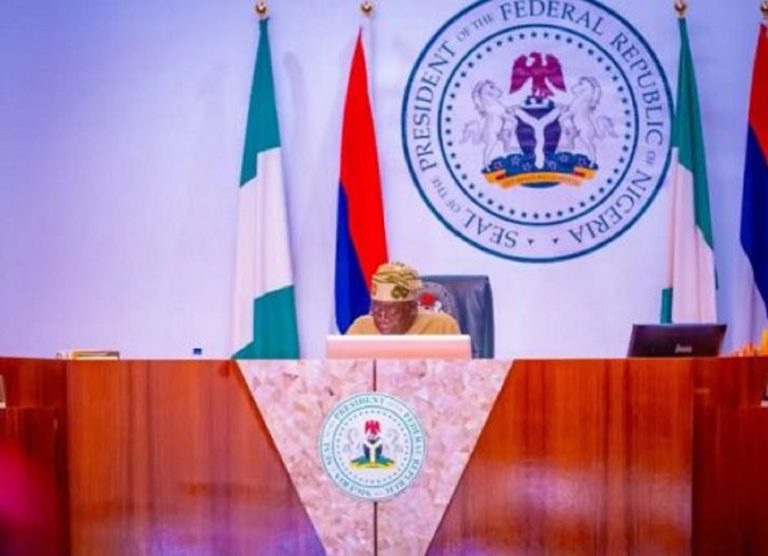FG has announced a major increase in UBE matching grants.
NewsOnline Nigeria reports that the Federal Government has increased the matching grants for state governments’ infrastructure projects under the Universal Basic Education (UBE) to N3.5 billion.
This update, as reported by the News Agency of Nigeria (NAN), was announced by the Executive Secretary of the Universal Basic Education Commission (UBEC), Dr. Hamid Bobboyi, during a five-day financial training for State Universal Basic Education Boards (SUBEB) Chairmen and Board Secretaries in Ibadan.
“The grant complies with Section 11 (2) of the UBE Act, 2004,” He said.
“The 2024 Federal Government Statutory Allocation of the UBE Matching Grant to each state is over N3.5 billion,” Bobboyi said.
He voiced that states are required to match this amount with their own N3.5 billion counterpart funding to support UBE intervention projects for the first through fourth quarters of 2024.
Reports provide that previously, state governments received about N1.3 billion annually in matching grants, but this amount has now been increased to N3.3 billion.
Bobboyi noted that with the increased funding, states are expected to contribute N3.3 billion to obtain approximately N6.6 billion in total support.
“With the impressive amount, states are expected to bring in matching grants of N3.3 billion to go home with about N6.6 billion,” He said.
“This is quite an impressive amount. Of course, we also took into account that inflation had affected the grants,”
He also stated that is very encouraging to see that the available amount is decent enough for states.
“It’s quite a reasonable amount if it could be applied well,” he said.
Bobboyi pointed out that states yet to access their 2023 matching grants, totaling N1.4 billion as of July 1, 2024, should do so.
He further harped on the importance of children gaining basic education, as it’s standard ends at the secondary school level.
He noted that around 46 million children are enrolled in schools nationwide, but encouraged the state chairmen and secretaries to collaborate effectively to address these issues and reduce the number of out-of-school children.
He also noted that quarterly meetings will provide a platform for discussing challenges and solutions in the basic education sector.

